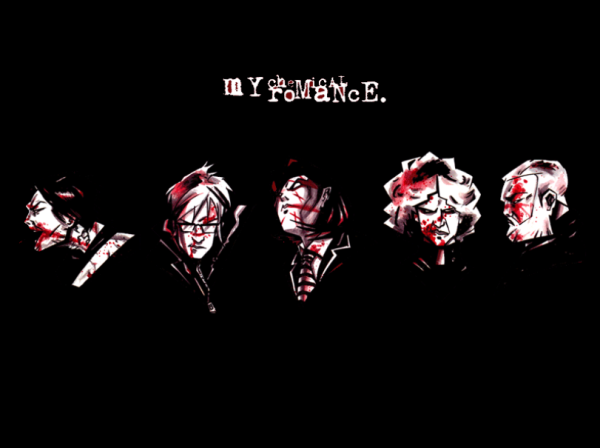TOK course should not be limited to IB Diploma candidates
The most valuable class in the South Lakes course catalog is mandatory for certain students at the school, yet forbidden for others.
IB Diploma candidates around the world must take Theory of Knowledge (TOK), a seminar-style course that explores the nature, production, and limitations of human knowledge, during the second semester of junior year and the first semester of senior year.
Although the IB Organization began allowing schools to offer TOK to students not striving for the diploma two years ago, Seahawks still cannot sign up for it unless they are IB Diploma candidates.
Those students are missing out because TOK is by far the best class I have ever taken.
I had low expectations for the course when I reluctantly arrived at school around 5:00 p.m. for my first three-hour, Wednesday night TOK block last year. I considered completing TOK a colossal waste of my treasured time, and simply saw it one of the many annoying hoops I would have to jump through in my quest for the elusive IB Diploma.
However, I started to get the sneaking suspicion that my initial assessment was wrong when we circled up that night and Mr. Ravenstahl explained the course along with his refreshing teaching philosophy. Over time, it became even clearer that I had drastically misjudged both TOK and my instructor. In fact, I sometimes even found myself looking forward to returning to South Lakes on a weeknight for the class last year, and I was glad I had TOK eighth period this past semester because it meant I would always end my green days on a good note.
TOK with Mr. Ravenstahl was a wonderfully unique learning experience. Instead of relentlessly attempting to memorize new information, we were able to take a step back and consider the concept of knowledge.
We examined different ways of knowing (emotion, faith, imagination, intuition, language, memory, reason, and sense perception) and areas of knowledge (arts, ethics, history, human sciences, math, natural sciences, and religion), and made connections between them and our personal experiences, both inside and outside of the classroom.
Mr. Ravenstahl was open with his own life experiences and created an environment in which the barriers between participants were dissolved. As a result, we felt comfortable sharing and discussing our views on various knowledge issues.
TOK taught me to formulate and communicate knowledge claims, as well as consider their implications, appreciate other people’s perspectives and ways of life, and recognize personal and ideological biases.
In addition to acquiring important life skills, I re-discovered my love of learning through TOK.
By being flexible with deadlines because he wanted us turn in our best work rather than something we rushed to complete and placing little emphasis on evaluations, Mr. Ravenstahl shifted the focus of class from earning good grades to learning for the sake of learning.
At our last TOK session, the class unanimously agreed on something for perhaps the first time in TOK history: we decided that everyone could benefit from taking the class.
I hope that one day South Lakes will be able to offer TOK to anyone who is interested, regardless of whether they are pursing the IB Diploma.












